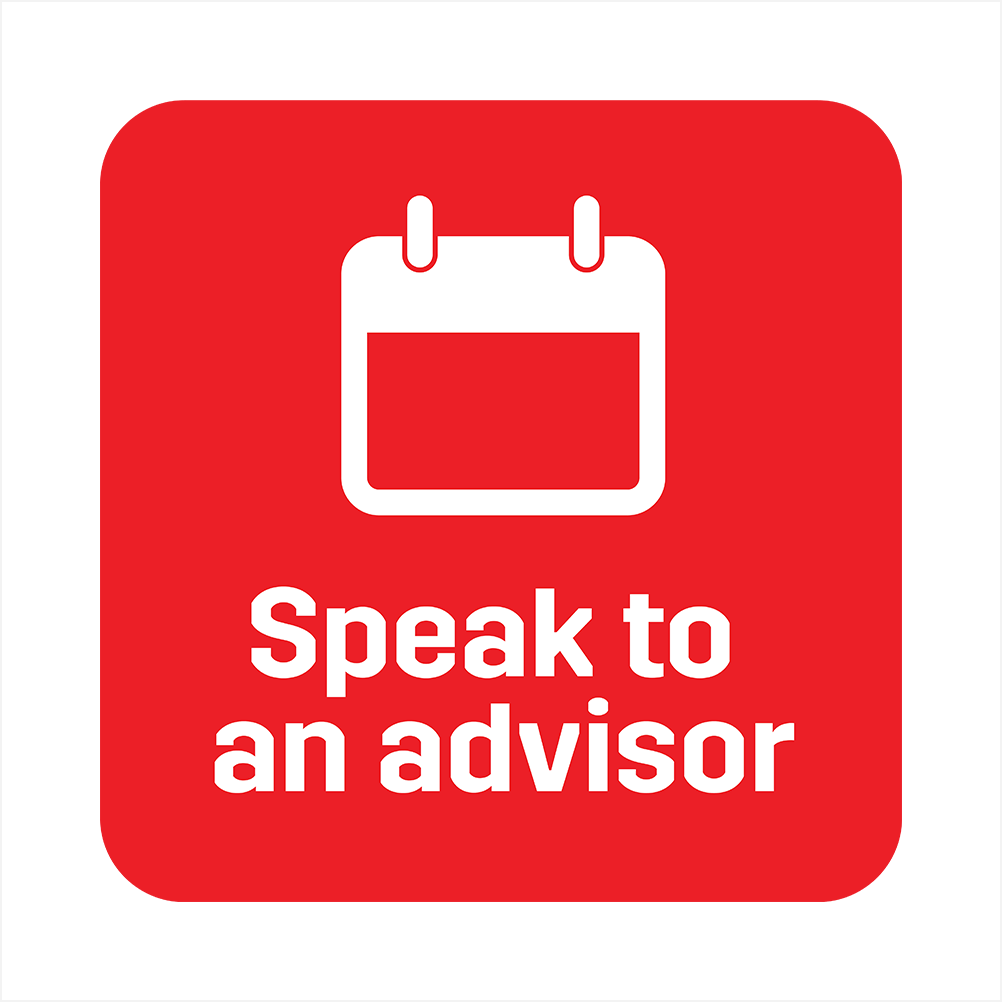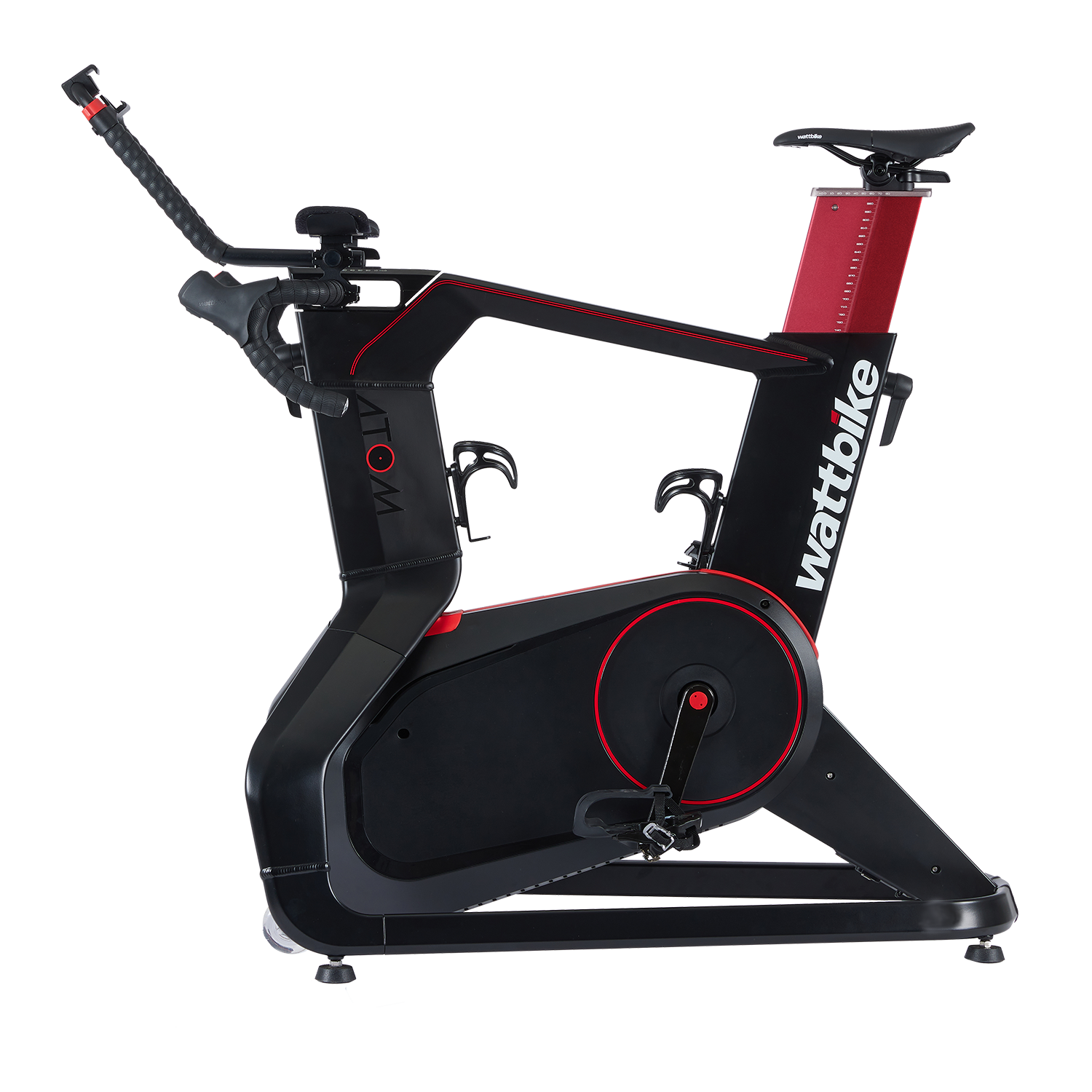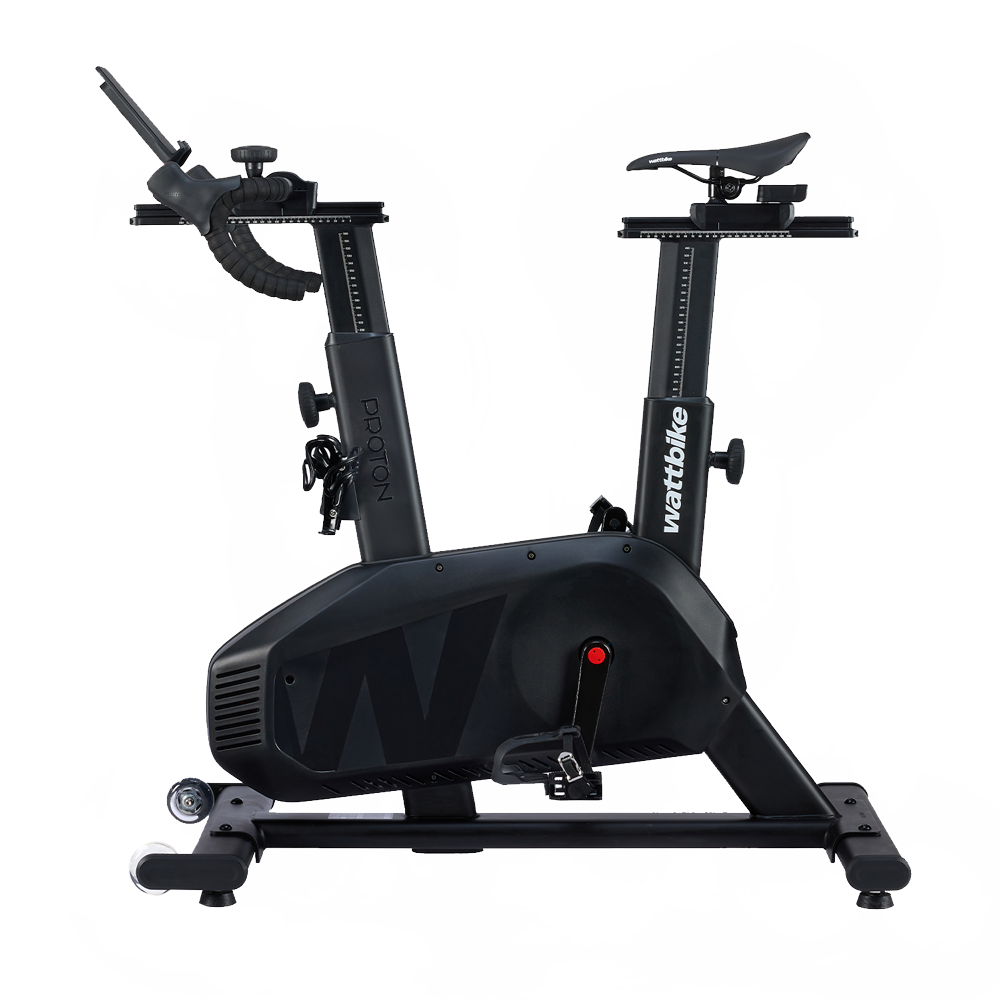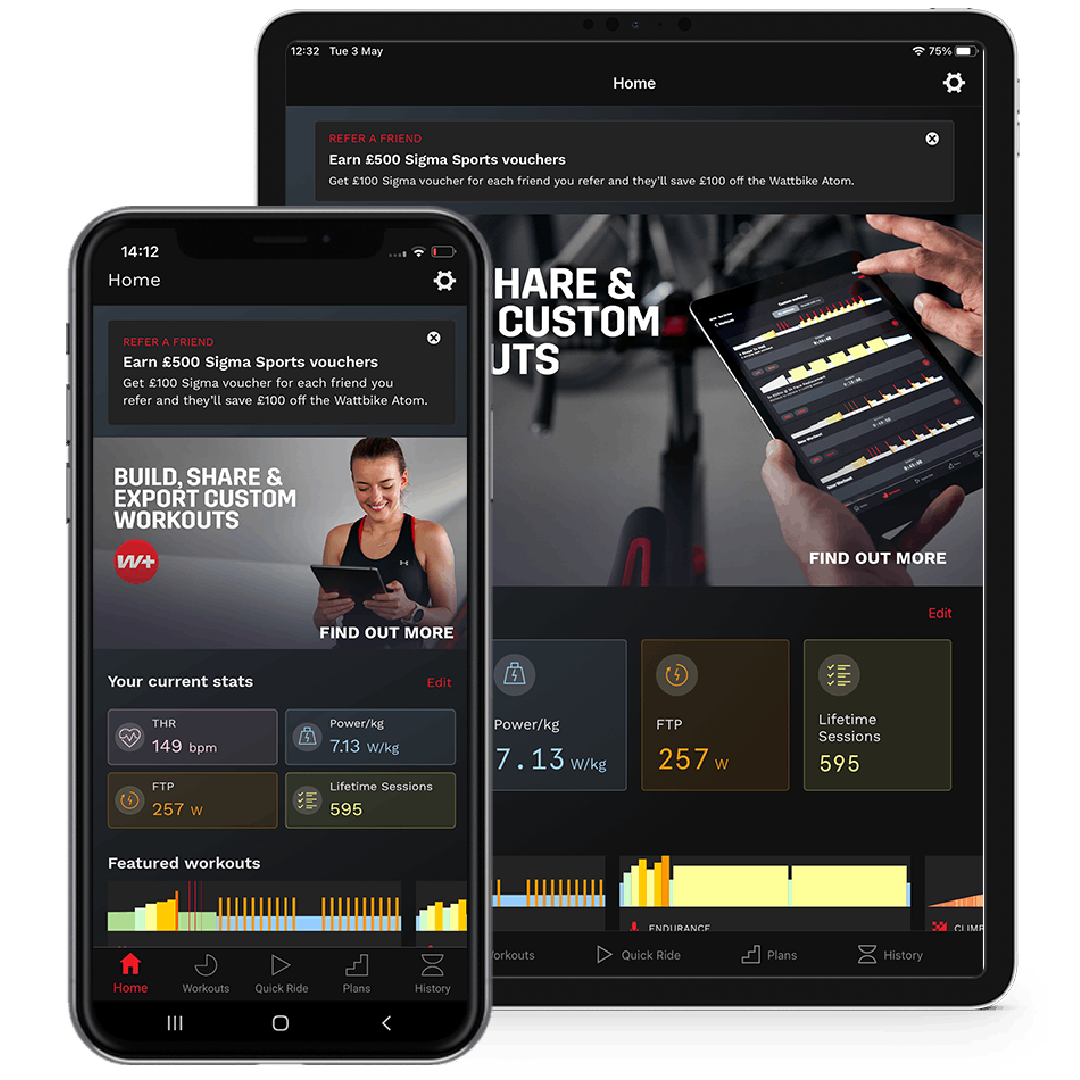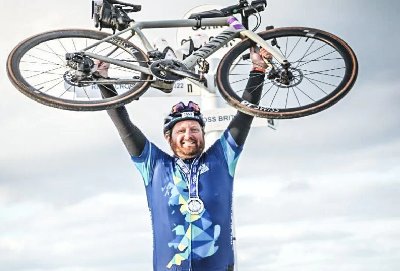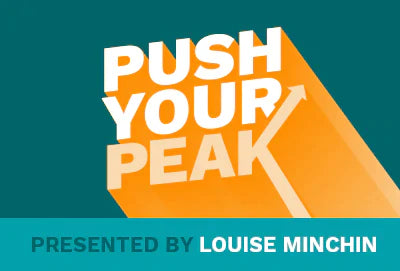Your Cart is Empty
SHOP
TRAINING & APPS
SUPPORT
news & information
How to Improve Your Cycling Cadence
July 09, 2020 3 min read
When it comes to becoming a better cyclist, efficiency is key. Seemingly, less effort really is more when finding your ideal cycling cadence. You don’t need to pedal harder for a more efficient ride.

WHAT IS CADENCE?
Your cadence, or pedalling rate, is the number of revolutions your crank turns per minute (RPM)- so the rate you are turning the pedals. Being able to pedal quickly and efficiently is a skill that’ll see you through many a grand tour stage, or for most of us, smooth out your sportive ride.
WHY IS CADENCE IMPORTANT FOR CYCLISTS?
Cadence is important for a number of reasons. Firstly, it matters in terms of how fast you can actually ride your bike or indoor smart bike, especially if you’re a track cyclist. On the track you’re riding without gears, so the only thing you have to rely on is how fast you can turn your legs over. For other disciplines, paying attention to your RPM is still important however, as cadence correlates to the amount of effort needed to keep you at a certain speed. This means, to increase your cadence is to actually increase your overall efficiency.
When you pedal more efficiently, and at a better cadence, you’re likely to find that your ride is actually easier on your body. Riding at a higher cadence (and at a lower gear) actually puts less strain on your muscles, encouraging you to use your cardiovascular system and your slow-twitch muscles. Your slow-twitch muscle fibres burn fat for fuel, recover quickly and are more resistant to fatigue. Pedalling faster also allows more oxygen to flow to the muscles, leading to more oxygen in the blood and better aerobic performance.
On the other end of the spectrum, riding at a low cadence and high gear is likely to make you feel the burn faster, as it is much harder on the muscles. A slow pedal at a higher gear relies on your fast-twitch muscles which use glycogen for fuel, fatigue quickly and take longer to recover.
WHAT’S THE IDEAL CADENCE FOR CYCLISTS?
There is no real right or wrong answer to this, and it’s worth noting that it’s important to practice riding at both a fast and slow pace. However, aiming at around 90rpm is a good figure to avoid leg fatigue and make the most of the efficiency of your slow-twitch muscle fibres. Changing your cadence is something that will require months of practice as your body’s energy systems will have adapted to accommodate your current riding speed. However, if you’re looking for some quick results, improving yourPedalling Effectiveness Scoreon your Wattbike will go a long way in improving your overall pedalling efficiency.
TIPS FOR IMPROVING YOUR CYCLING CADENCE
Improving your cadence doesn’t just mean pedalling faster in the same gear, it involves keeping the same leg speed throughout your ride. Adjust your gears to make it easier to do this and you’ll see a huge improvement in your climbing as well as on the flat.
To measure improvement, you’ll need to know where you already stand. Next time you try your hand at a workout, check your stats on the Wattbike Hub for your RPM, as it displays yourcadence datain real-time. If you’re using the Wattbike Nucleus or Pro/Trainer you can also use the Wattbike power,cadenceand resistance tables to establish the correct power output for a particular workout.
To kickstart your improvement, aim for short, extreme efforts, pedalling way faster than your current RPM. This will help to train your brain to send signals to your muscles fibres, getting them to react more efficiently and contract more rapidly, and therefore making it easier in future training.
Improve Your Cycling with Wattbike
For more tips on becoming a better cyclist, check out thesetips for improving your performance with Wattbike data.
Also in Training

Off-Feet Conditioning: Why the Bike Is a Game-Changer for Hybrid Racing
February 13, 2026 4 min read
Hybrid racing events likeHYROX demand more than strong run splits - they require a powerful aerobic engine that can sustain output across repeated strength stations. For many athletes, especially those from a strength background, running becomes the limiting factor due to joint stress and recovery demands. Structured off-feet conditioning offers a smarter solution. Through controlled bike training, athletes can build aerobic capacity, target key intensity zones and increase conditioning volume without added impact. That’s whyWattbike andThe Hybrid Racer are helping hybrid competitors train with greater intent, durability and long-term progression.

Blue Monday: How to Stay Motivated and Build Fitness Habits That Last
January 16, 2026 3 min read
Blue Monday marks the point where motivation fades and fitness goals are tested. But long-term progress isn’t built on motivation alone. Discover how habit formation, structure and smarter training with the Wattbike Hub App can help Wattbikers stay consistent and committed. Long after January enthusiasm disappears.

Why Benchmarking Matters
December 29, 2025 5 min read
Ever wonder why some athletes make rapid gains while others plateau? The secret isn’t just hard work, it’s benchmarking. Without knowing your starting point, training can be guesswork. The right test, from an FTP or ramp test for endurance to short maximal efforts for power, gives you the data to train smarter, not harder. Benchmarking transforms every session into a targeted, purposeful workout, accelerates progress, and ensures recovery is effective. Plus, regular re-testing keeps your training in sync with your improving fitness, so you stay ahead of stagnation and build sustainable, long-term performance. Discover how to train with clarity, confidence, and measurable results.
Sign up to get the latest
Be the first to hear about Wattbike news, offers and more.


